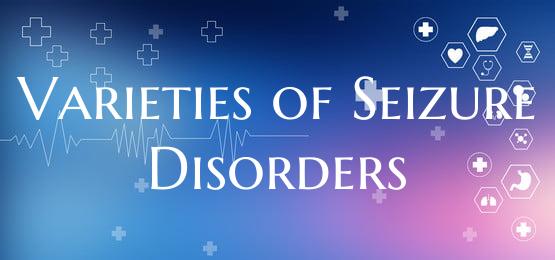
Varieties of Seizure Disorders
Seizure disorders, also known as epilepsy, encompass a wide range of conditions characterized by abnormal electrical activity in the brain. There are several different varieties of seizure disorders, each with unique characteristics and manifestations.
1. Generalized Seizures: These seizures involve both sides of the brain and typically result in loss of consciousness. Subtypes of generalized seizures include: - Absence Seizures: Also known as petit mal seizures, these involve brief episodes of staring or lack of responsiveness. - Tonic-Clonic Seizures: Formerly referred to as grand mal seizures, these are characterized by stiffening of the body (tonic phase) followed by jerking movements (clonic phase).
2. Focal (Partial) Seizures: These seizures originate in a specific area of the brain and may or may not cause a loss of consciousness. Subtypes of focal seizures include: - Simple Partial Seizures: These do not cause loss of consciousness and may involve sensory or motor symptoms. - Complex Partial Seizures: These typically result in altered consciousness or awareness. 3. Absence Seizures: These seizures are brief and involve a lapse of awareness, often mistaken for daydreaming.
4. Atonic Seizures: Also known as drop attacks, these seizures cause sudden loss of muscle tone, leading to falls or drops.
5. Myoclonic Seizures: These involve rapid, brief muscle jerks that may affect a specific part of the body or the entire body.
6. Febrile Seizures: These seizures occur in young children and are triggered by fever.
7. Status Epilepticus: This is a medical emergency in which seizures occur continuously or in rapid succession without recovery in between.
Treatment for seizure disorders typically involves antiepileptic medications, lifestyle modifications, and in some cases, surgery. It is essential for individuals with seizure disorders to work closely with healthcare providers to manage their condition effectively and improve their quality of life. Early diagnosis and appropriate treatment can help control seizures and minimize their impact on daily functioning.